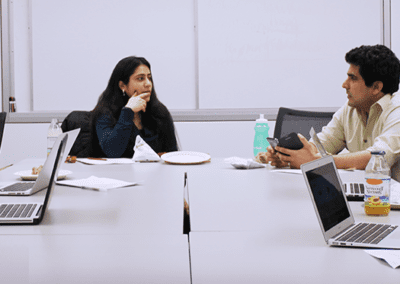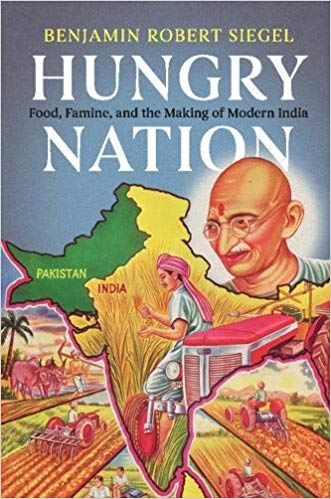TestPage
SubheadingSection Name
Lorem ipsum dolor sit amet, consectetur adipiscing elit. Aliquam justo lectus, ultrices et luctus et, dictum et erat. Suspendisse at tellus sagittis, condimentum metus vel, fermentum libero. Sed pharetra mauris et justo ornare rutrum. Aliquam sodales lorem ut ipsum vehicula faucibus. Proin ornare ullamcorper condimentum. Curabitur at felis faucibus, sodales elit dapibus, fringilla purus. Vivamus eu sagittis est. Nulla a placerat metus. Nulla tincidunt lorem lorem, id sollicitudin arcu malesuada ac. Suspendisse laoreet imperdiet elit eget fermentum. Quisque vitae rhoncus purus. Nulla semper fringilla orci, sit amet bibendum massa fermentum sit amet. Donec aliquam felis eget hendrerit pellentesque. Proin at erat nisl. Proin porta varius odio, quis luctus eros pellentesque finibus.
Title1
j2lfh2fk 2lfh
Title1
j2lfh2fk 2lfh
Title1
j2lfh2fk 2lfh
Nunc feugiat lectus urna, in rutrum risus tempus eget. Cras at ante ut orci pharetra placerat. Nam pulvinar, lacus nec consequat tincidunt, arcu est gravida libero, eget lacinia velit nisi id tortor. Donec cursus felis at enim faucibus feugiat. Nulla nec lacus at lorem consequat gravida. Vestibulum ante ipsum primis in faucibus orci luctus et ultrices posuere cubilia Curae; Maecenas malesuada dui at dolor cursus eleifend. Sed fringilla, urna pretium sodales tempus, augue tortor volutpat urna, quis pretium justo mauris efficitur leo. Pellentesque fermentum dapibus interdum.
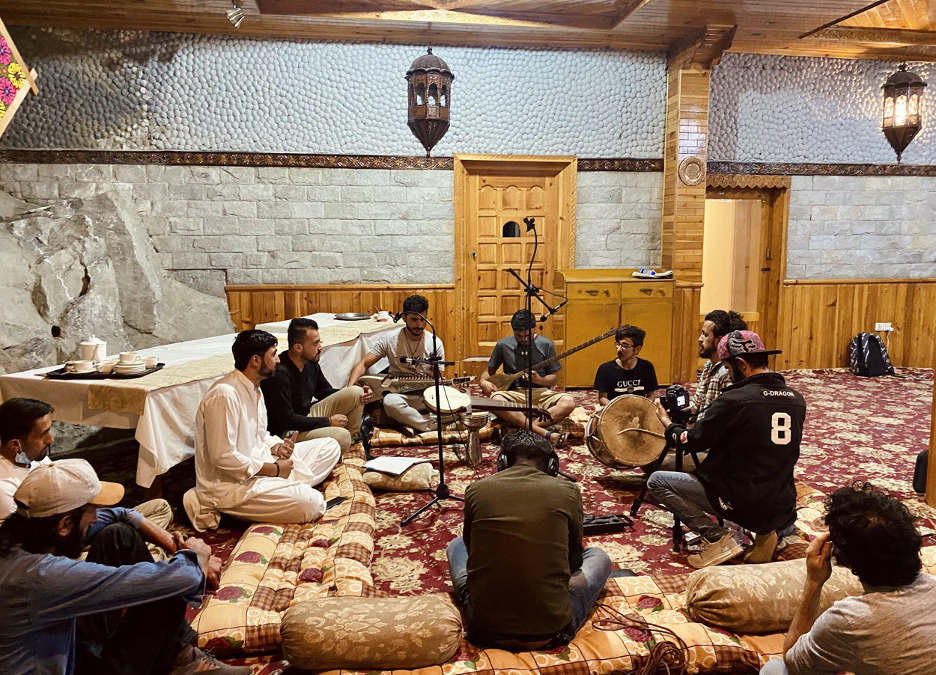
Khimor-e-maraka: Exploring Bazmi Music in Hunza
By Nosher Ali Khan. Hunza is a valley located amongst the mighty mountains of the Karakoram in Pakistan. Amidst its rich history, ancient shamanistic traditions, and recent Islamic influence, poetry and music have always been an essential part of Hunzukutz’s (people of Hunza) identity. As a Hunzukutz myself, I was always aware and fascinated by the enormous influence our music has in our daily life and how it shapes our identity. To document the local music and enhance my understanding of the subject, I worked with the Mittal Institute to create a web-series of local folk music.
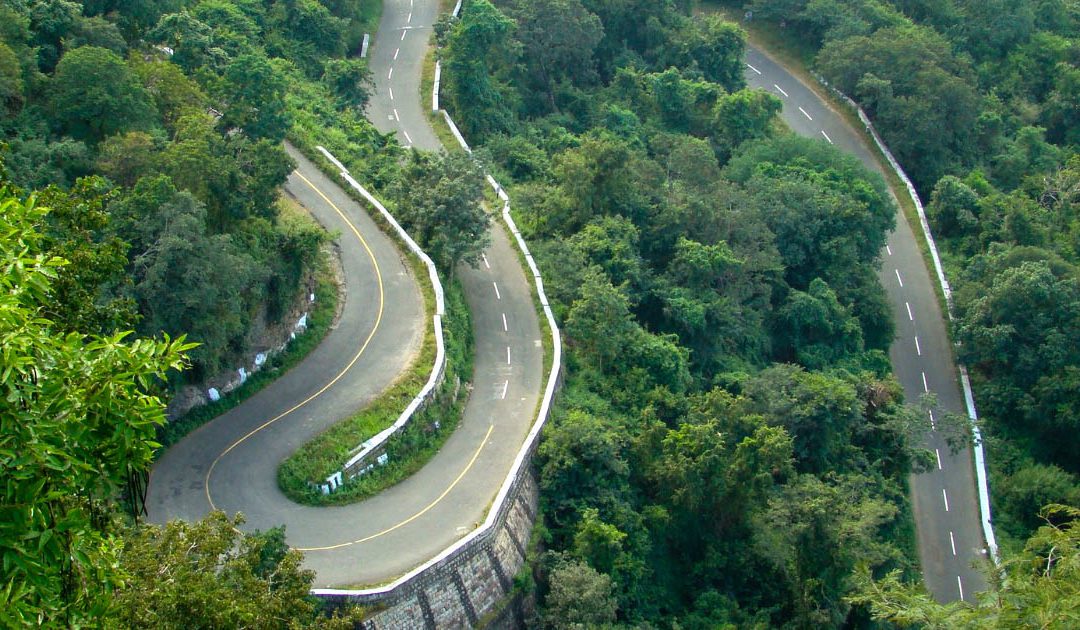
Raile Rocky Ziipao: Infrastructural Deficit in Northeast India
We spoke with Raile Rocky Ziipao, a multidisciplinary researcher, development practitioner, and former Raghunathan Family Fellow at the Mittal Institute. He is currently tenured at the Central University of Punjab, and has recently published a book entitled “Infrastructure of Injustice: State and Politics in Manipur and Northeast India.” Raile’s research delves into the dynamics of infrastructural development in northeast India, especially in his home state of Manipur, from a socio-anthropological perspective.
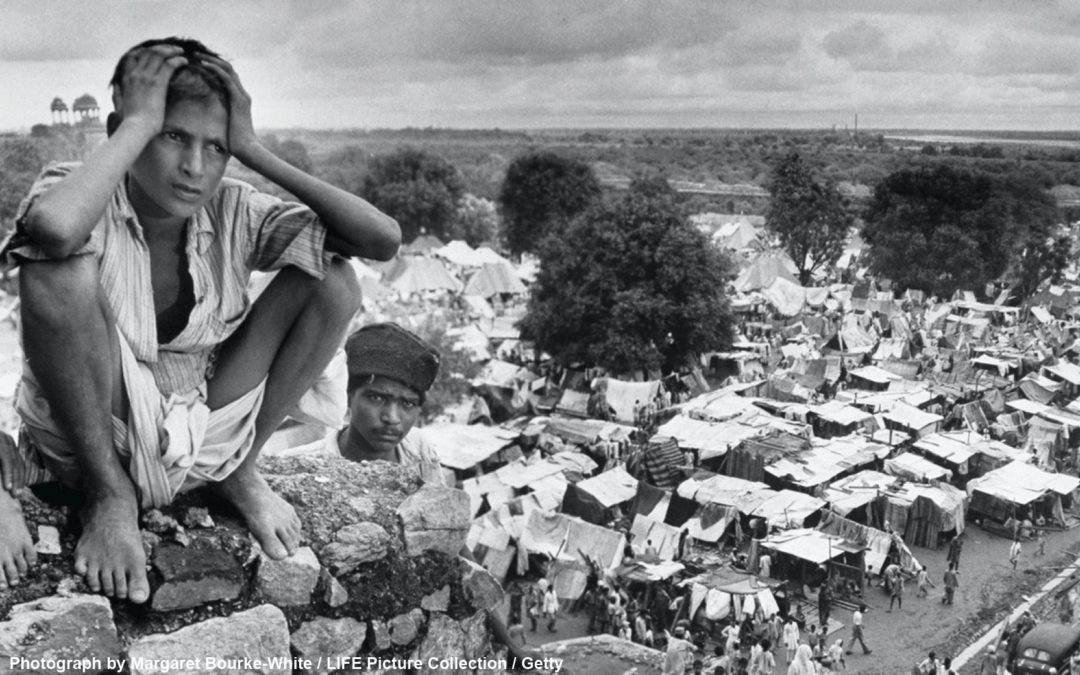
Rediscovering Partition from New Perspectives
The impact of the 1947 Partition still ripples throughout South Asia, 73 years later. However, our knowledge of this historic event is constantly being reevaluated by academics and researchers who have continued to illuminate the details of what occurred. Moderated by Jennifer Leaning, Professor of the Practice of Health and Human Rights at Harvard T.H. Chan School of Public Health, this panel explores how new research efforts help us understand the full depth of the history and legacy of Partition.
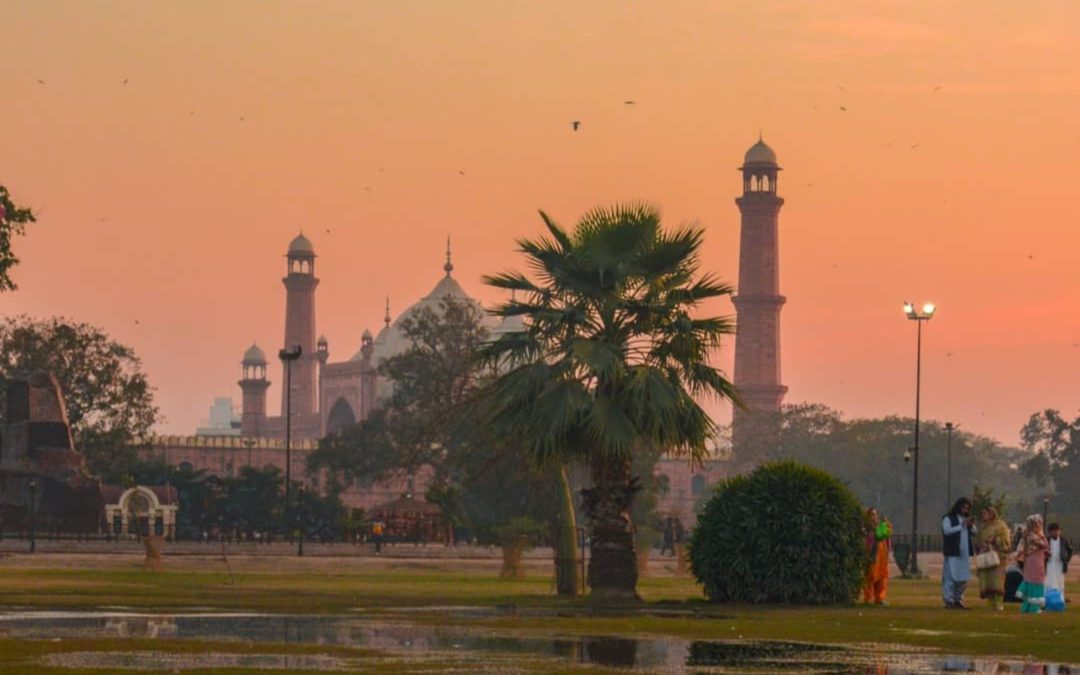
Podcast: The Sikh Period and the Forgotten Architecture of Lahore
In our latest India In-Focus podcast created with the Times of India, Shubhangi Bhadada, Mittal Institute Research Fellow, and Nadhra Khan, Associate Professor at the School of Humanities and Social Sciences of Lahore University of Management Sciences, discuss the pre-Partition architecture of Lahore, how it has been forgotten or ignored, and the importance of remembering such buildings.

The 8 Challenges in Pakistan’s Digital Transformation Journey
By Burhan Rasool, Member, Prime Minister’s Task Force on Austerity & Restructuring Government and General Manager, Punjab IT Board; and Ammar Malik, Director of EPoD Research, Harvard Kennedy School One of the natural and obvious outcomes of adopting IT in any...
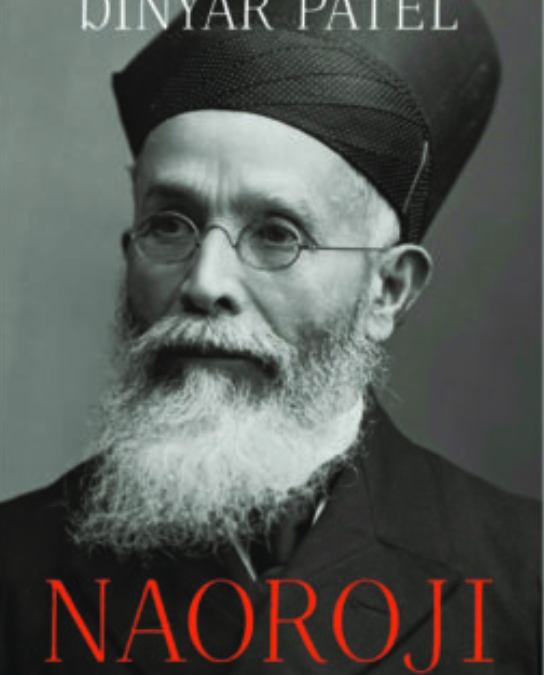
Podcast: Dadabhai Naoroji and the Birth of Indian Nationalism
In this podcast, the panelists explore how Dadabhai Naoroji developed the idea of swaraj, or Indian self-government, during his political and nationalist career, which included groundbreaking economic research on Indian poverty, engagement with emancipatory movements around the world, and becoming the first-ever Asian elected to the British Parliament. Naoroji’s swaraj was global in nature. It evolved from contact with European liberalism and socialism and, at the same time, had a significant influence on the growth of global anti-colonialism and antiracism.

Manjari Miller: The Complexities of the China-India Relationship
The China-India relationship is one of the keys to international security, the future of Asia, and the well-being of nearly 3 billion people, and recent border tensions between the two powers perpetuate the potential for conflict. But while these small clashes continue, the two countries have also built a system of cooperation to manage their conflict and larger rivalry. We spoke with Professor Miller to learn more about the China-India relationship, the opportunities to manage conflict, and the steps forward.

A Step Forward in India’s Digital Health Ecosystem
On August 15, Prime Minister Modi will announce India’s National Digital Health Mission — underpinned by the Personal Health Record design that was proposed by India Digital Health Network (IDHN) collaborators at a Radcliffe Seminar in 2016. IDHN is a Harvard-wide research and policy collaborative that works with public and private sector partners in India to advance meaningful health data exchange with the intent to improve clinical care and population health.

What Is the Future of Higher Education’s Internationalization?
Recently, the internationalization of higher education has been deeply impacted by the twin forces of the COVID-19 pandemic and international politics. While resurgent nationalism and xenophobia around the world had already cast doubts on the importance of a globalized system of higher education, the pandemic has only added to the conundrum by imposing restrictions to the normal movement of people within and between the world’s universities.

An Infrastructural Revolution Along the Indo-China Border
By Raile Rocky Ziipao. In the light of the Indo-China face-off in Ladakh that led to the deaths of 20 Indian soldiers along the Line of Actual Control (LAC) at Galwan Valley, there is now an acute urgency to focus on border infrastructure. From a policy perspective, India needs an infrastructural revolution at its borders for national security, to fortify against external threats, to bring connectivity to unconnected territory, and to maintain peace and prosperity.
Nunc feugiat lectus urna, in rutrum risus tempus eget. Cras at ante ut orci pharetra placerat. Nam pulvinar, lacus nec consequat tincidunt, arcu est gravida libero, eget lacinia velit nisi id tortor. Donec cursus felis at enim faucibus feugiat. Nulla nec lacus at lorem consequat gravida. Vestibulum ante ipsum primis in faucibus orci luctus et ultrices posuere cubilia Curae; Maecenas malesuada dui at dolor cursus eleifend. Sed fringilla, urna pretium sodales tempus, augue tortor volutpat urna, quis pretium justo mauris efficitur leo. Pellentesque fermentum dapibus interdum.
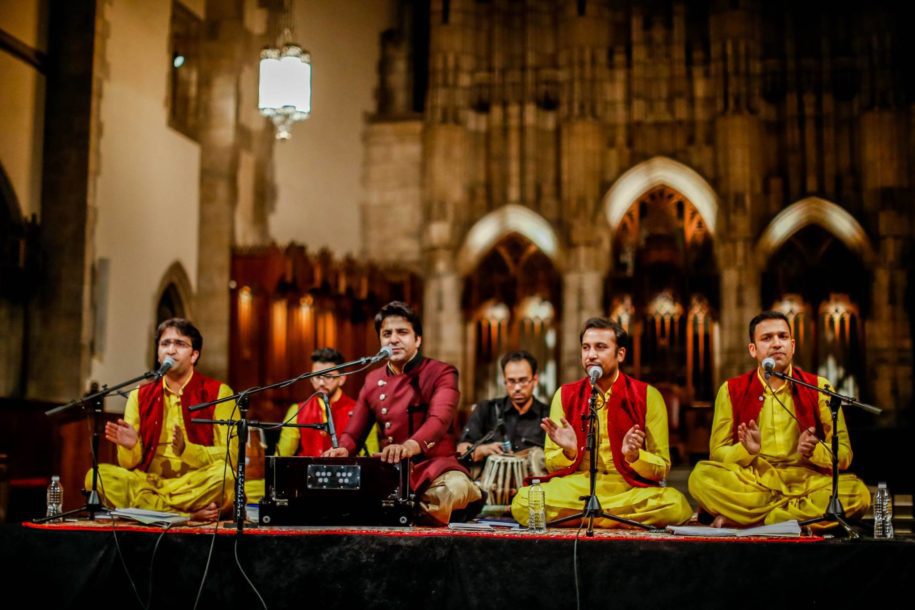
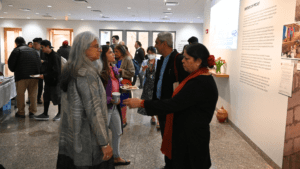
Caption here
Welcome to The Lakshmi Mittal and Family South Asia Institute at Harvard University! We are dedicated to exploring the rich and diverse cultures of South Asia through research, education, and engagement. Our institute brings together scholars, students, and practitioners to foster innovative thinking and collaboration. Discover our wide range of programs, events, and resources that celebrate the vibrant tapestry of South Asian heritage. Join us on this exciting journey of knowledge and discovery!
